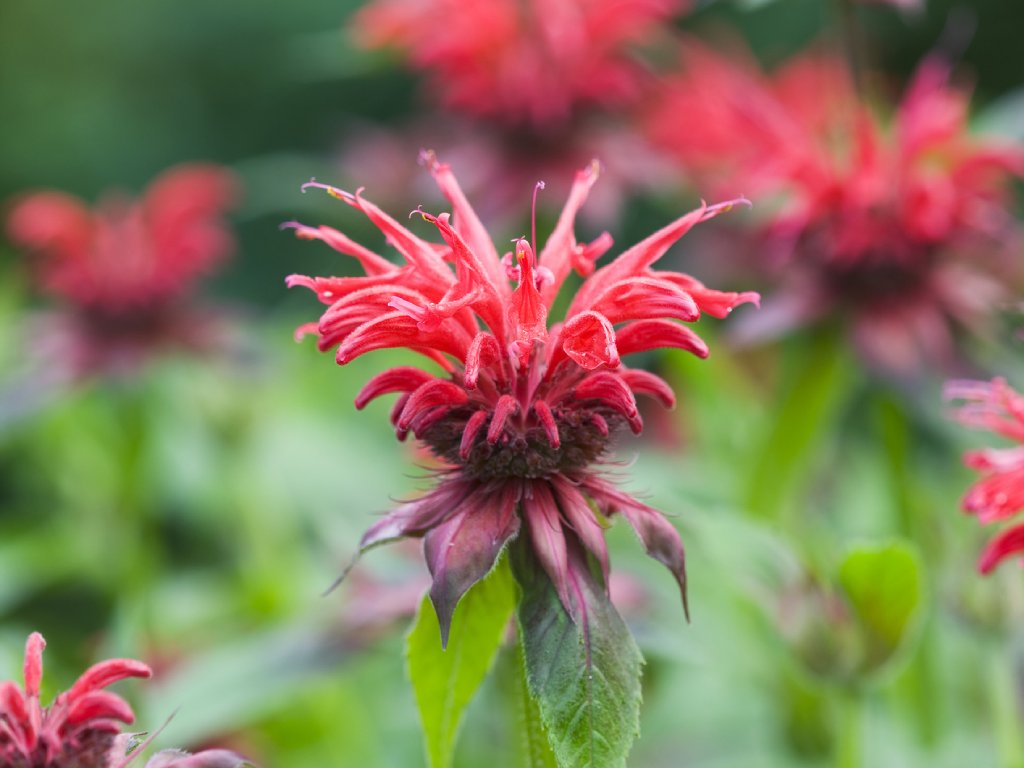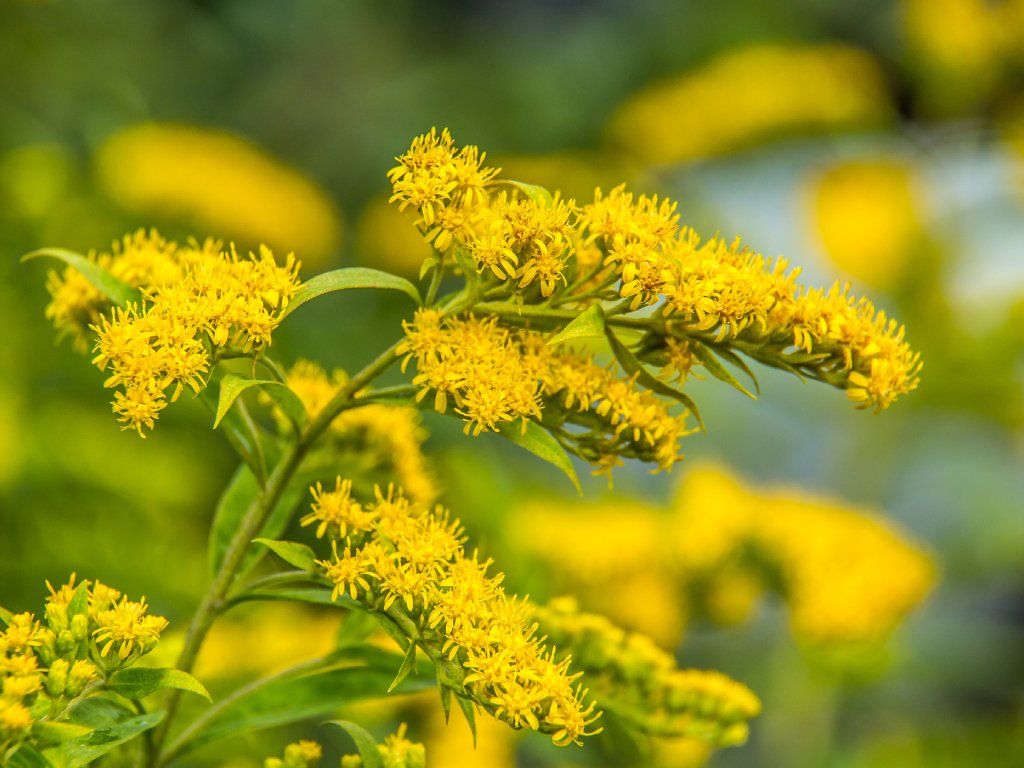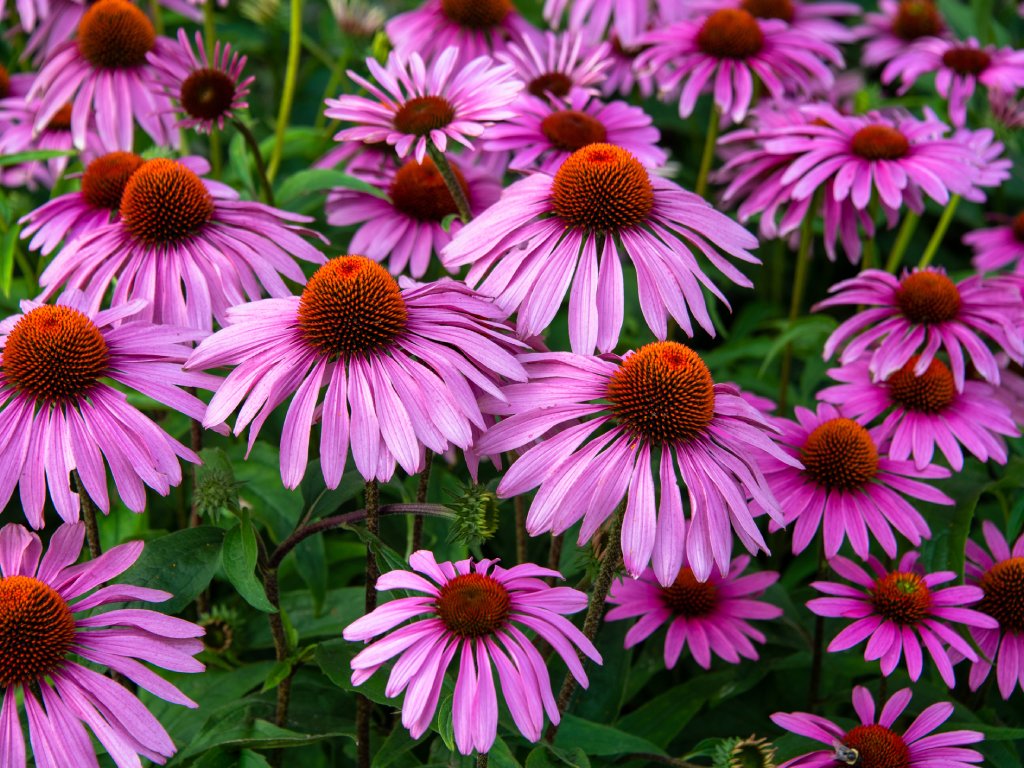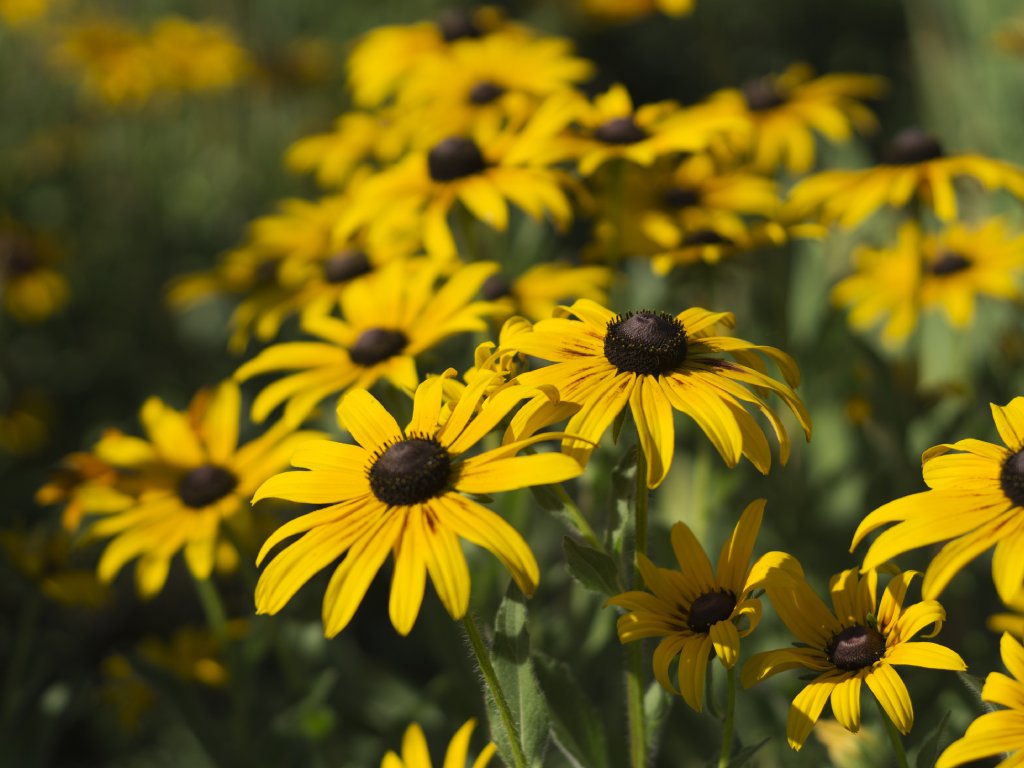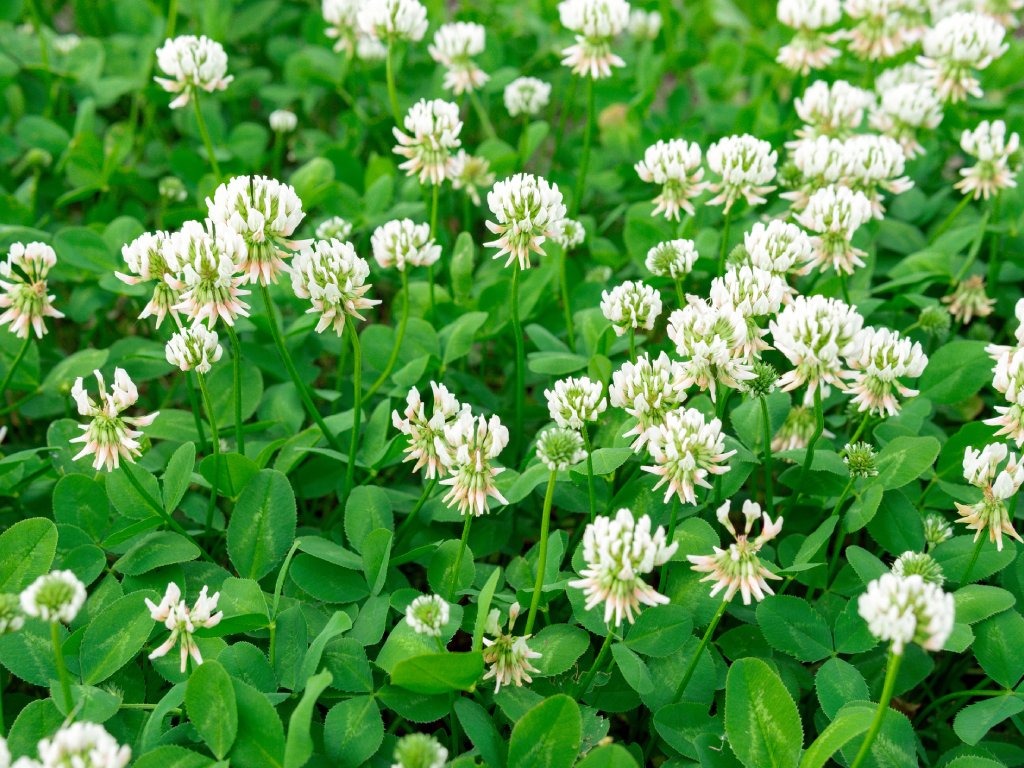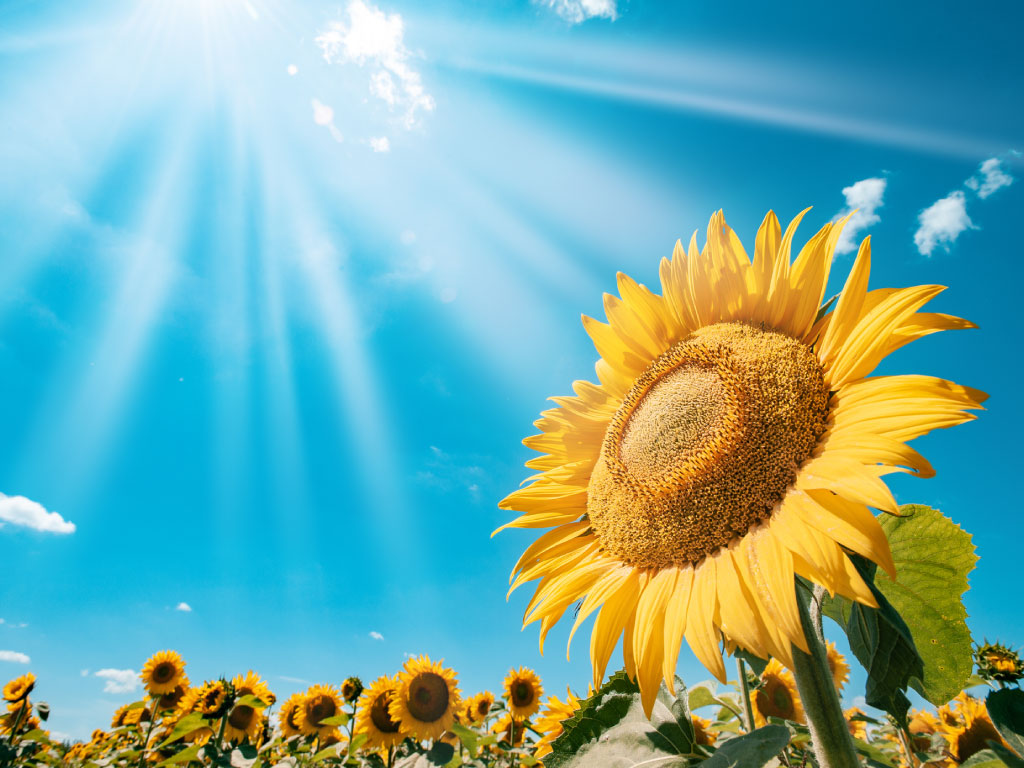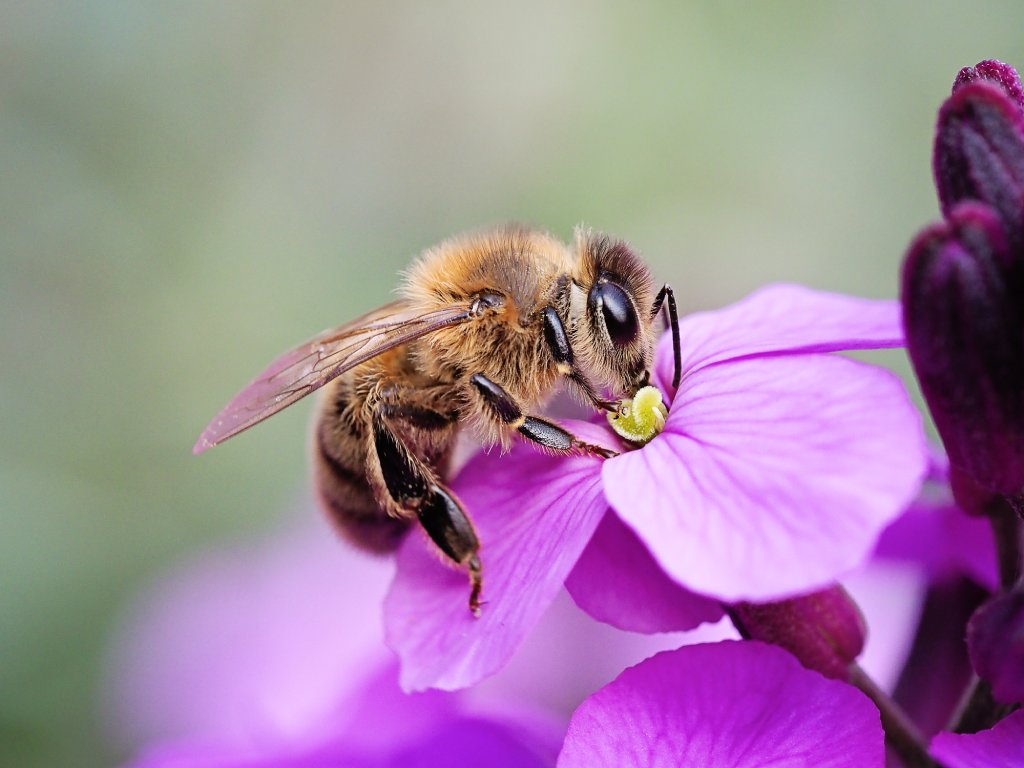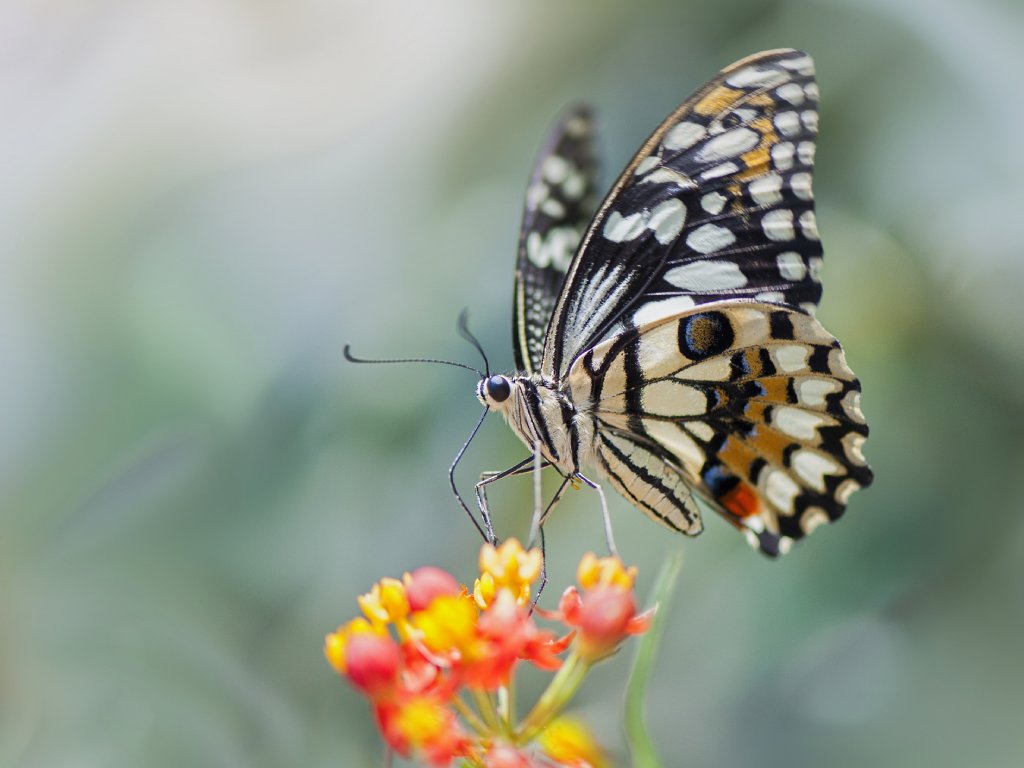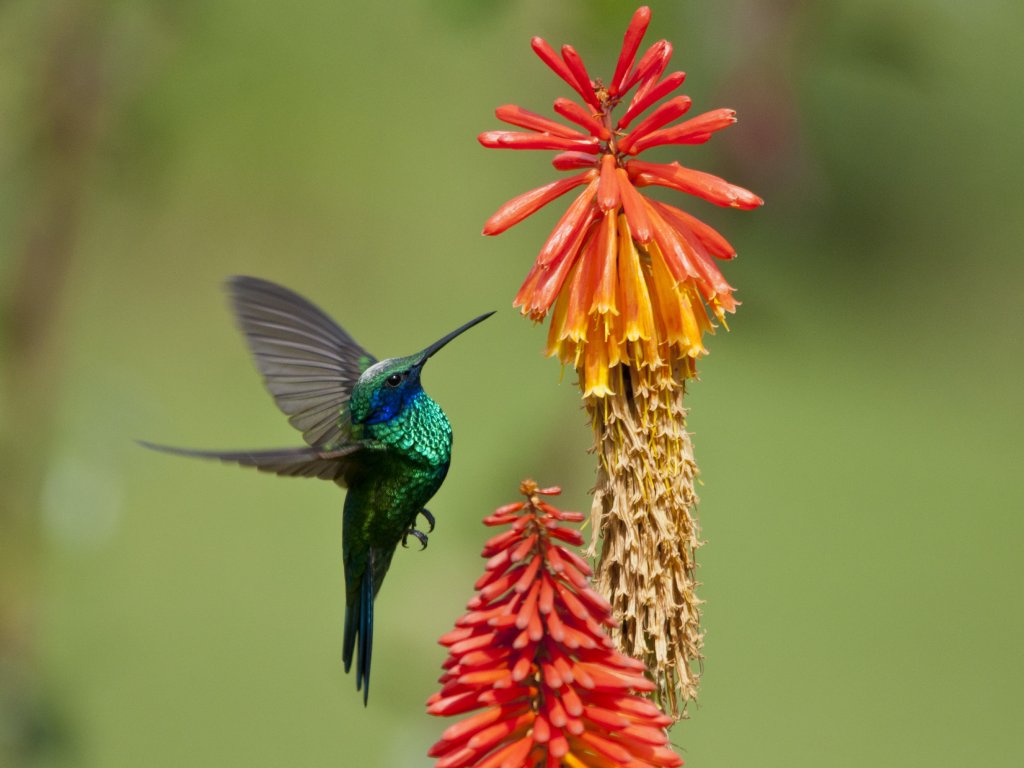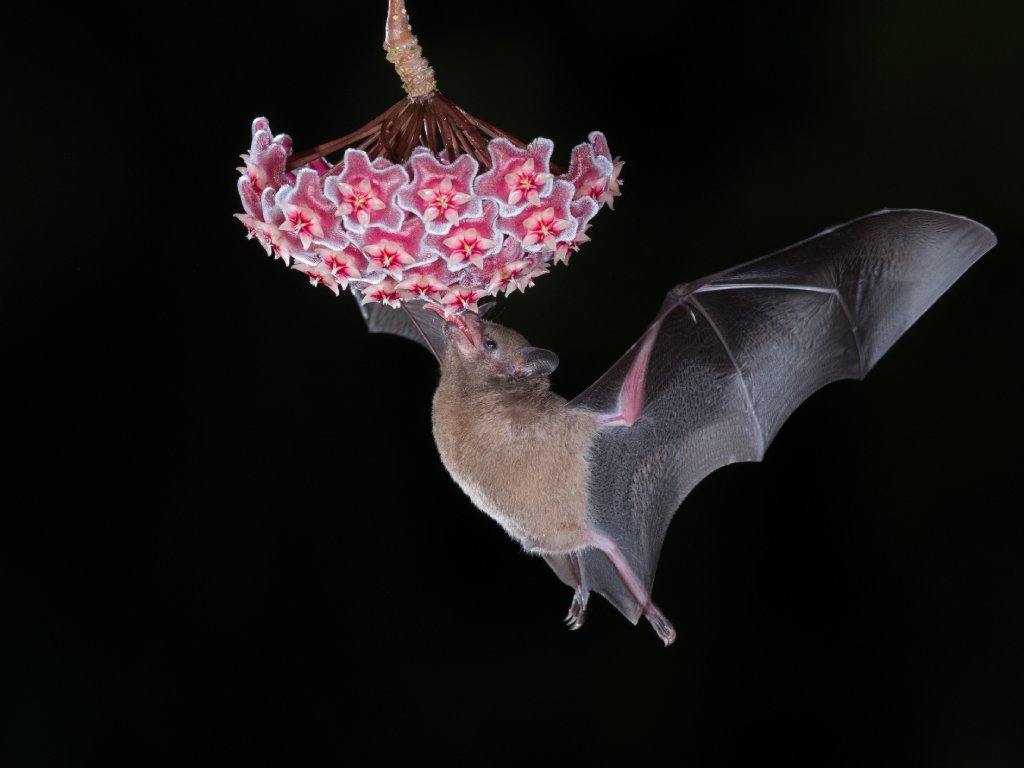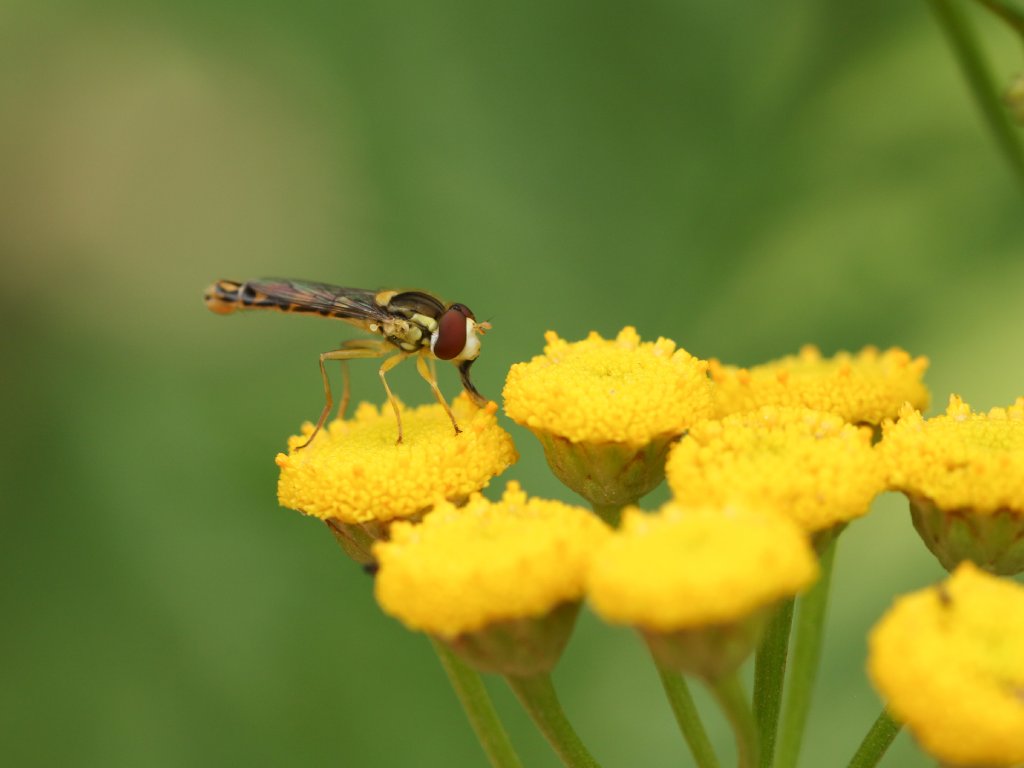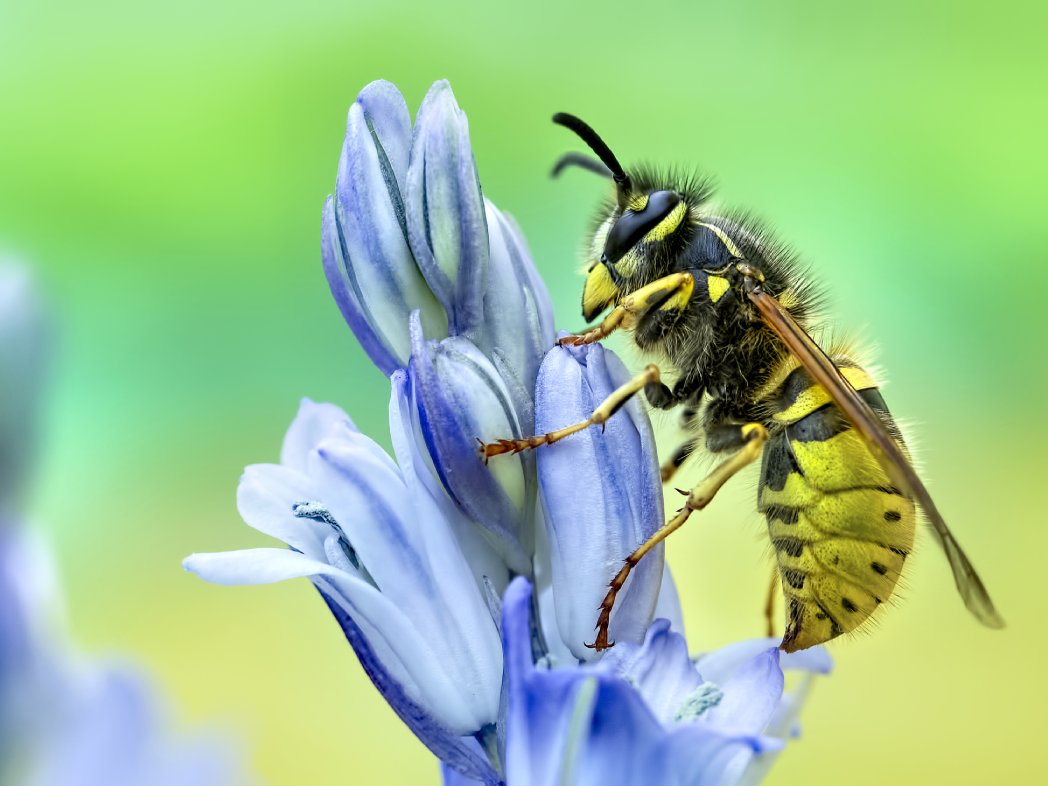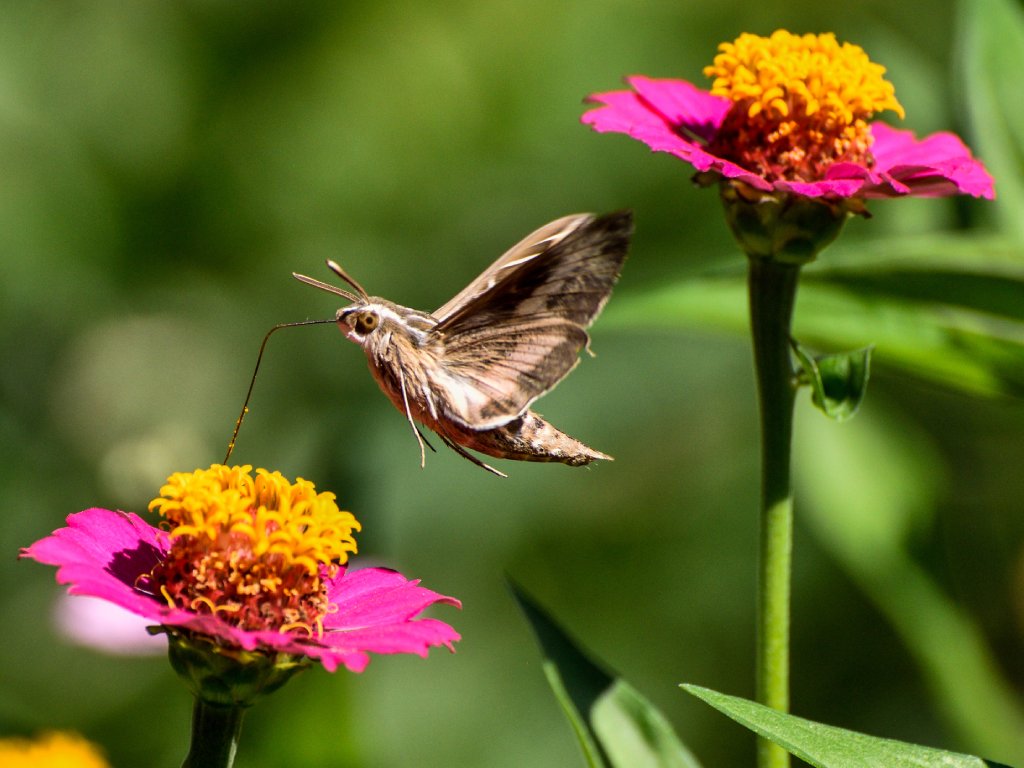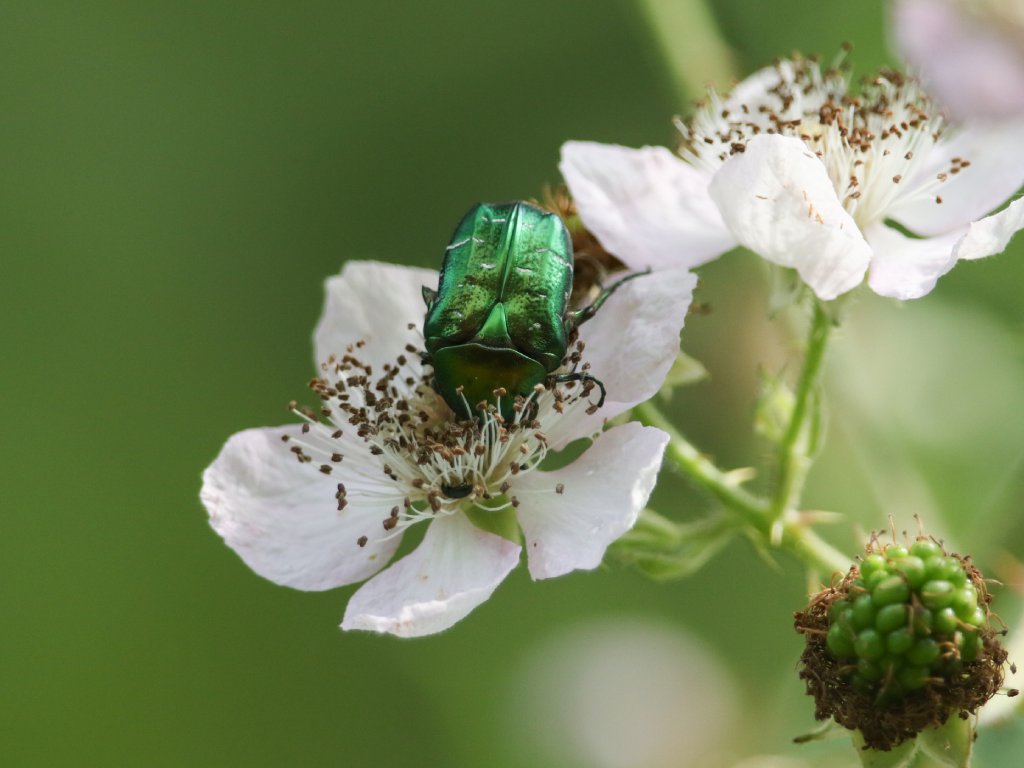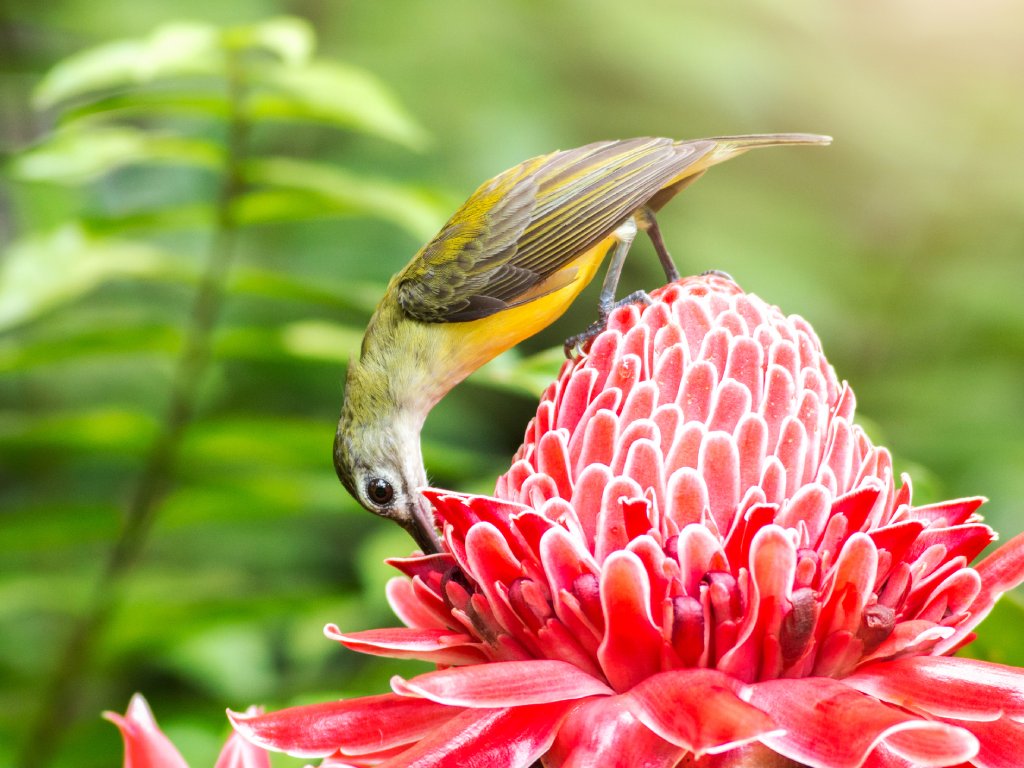Your Complete Guide To Attracting Pollinators Into Your Garden
From bees to beetles, learn all about the animals and insects that do the dirty work to keep your garden pollinated.
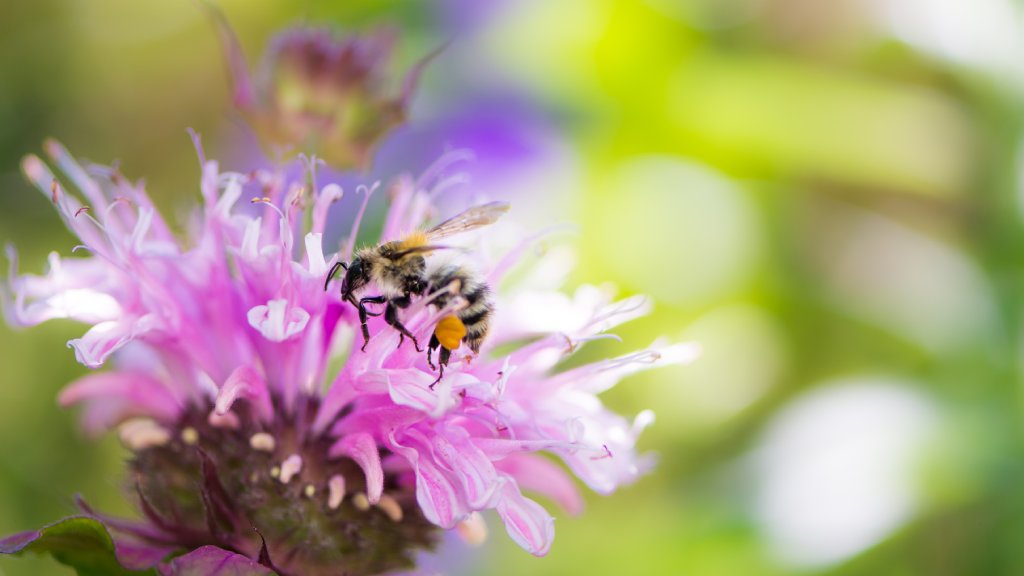
Sign up for the Gardening Know How newsletter today and receive a free copy of our e-book "How to Grow Delicious Tomatoes".
You are now subscribed
Your newsletter sign-up was successful
Your Garden's Beneficial Bugs
According to the U.S. Department of Agriculture, pollinators such as bees, birds, and butterflies are responsible for one in every three bites of food we take! Crazy, right?
Those beneficial bugs and other animals that fly, flutter, and crawl around your garden also help increase U.S. crop values by more than $15 billion each year. That's billion. With a B! So, if that’s the impact that pollinators have in the U.S. as a whole, imagine the boost pollinators will give your garden.
Have You Considered Growing a Butterfly Garden?
Before we explore all of the critters that can give your garden a boost, have you ever thought about inviting butterflies into your garden space?
Because pollinators play such a crucial role in our ecosystem, we’re offering gardeners the chance to learn how to grow a butterfly garden right in their backyard. Sign up today to learn the secrets, tips, and tried and tested methods of growing a butterfly garden straight from a master gardener and certified butterfly expert, Heather Andrews.

Our comprehensive course will guide you through establishing a space in your garden for attracting, fueling, and helping butterflies thrive. This five-part course includes lessons on:
- Preparing your space for butterflies
- Soil requirements
- Host plants
- Regional considerations
- And so much more...
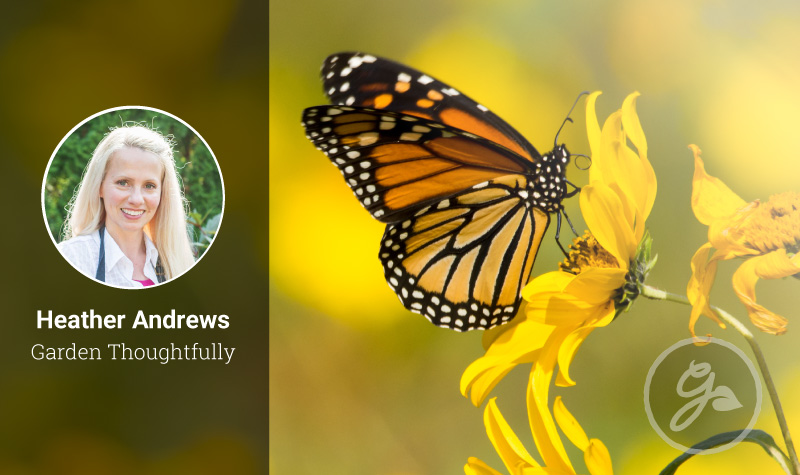
The Best Plants for Attracting Pollinators
If you’re interested in attracting pollinators without necessarily growing an entire butterfly garden, you can also consider plants that attract a number beneficial garden friends, such as bees and hummingbirds.
Below you’ll find helpful Know How on some of the most popular plants for attracting pollinators. Click on the image below to learn more:
Sign up for the Gardening Know How newsletter today and receive a free copy of our e-book "How to Grow Delicious Tomatoes".
Of course, many plants can also be hand pollinated. If you’re the type of gardener who prefers doing the dirty work yourself, or you simply need to hand pollinate for whatever reason, learn more about hand pollination from our experts.
Inviting Specific Pollinators Into Your Garden
As most of us know, there a number of different creatures that are all capable of pollination. However, three specific ones do the bulk of the work.
Learn more about attracting bees, butterflies, and birds to your garden below:
What Other Animals and Insects Help With Pollination?
Here's where pollinators in your garden gets interesting. While bees, butterflies, and birds are among the most common species playing a role in pollination, they are far from the only ones. In fact, some other animals and insects that you wouldn’t expect are actually also vital to the pollination process. Click the images below to get even more Know How on these non-traditional pollinators:
Inviting pollinators into your garden is a huge contribution to sustainable gardening. To learn more about sustainable gardening, and what other sustainable best practices you can implement, dig deeper into our popular, What Is Sustainable Gardening article.
